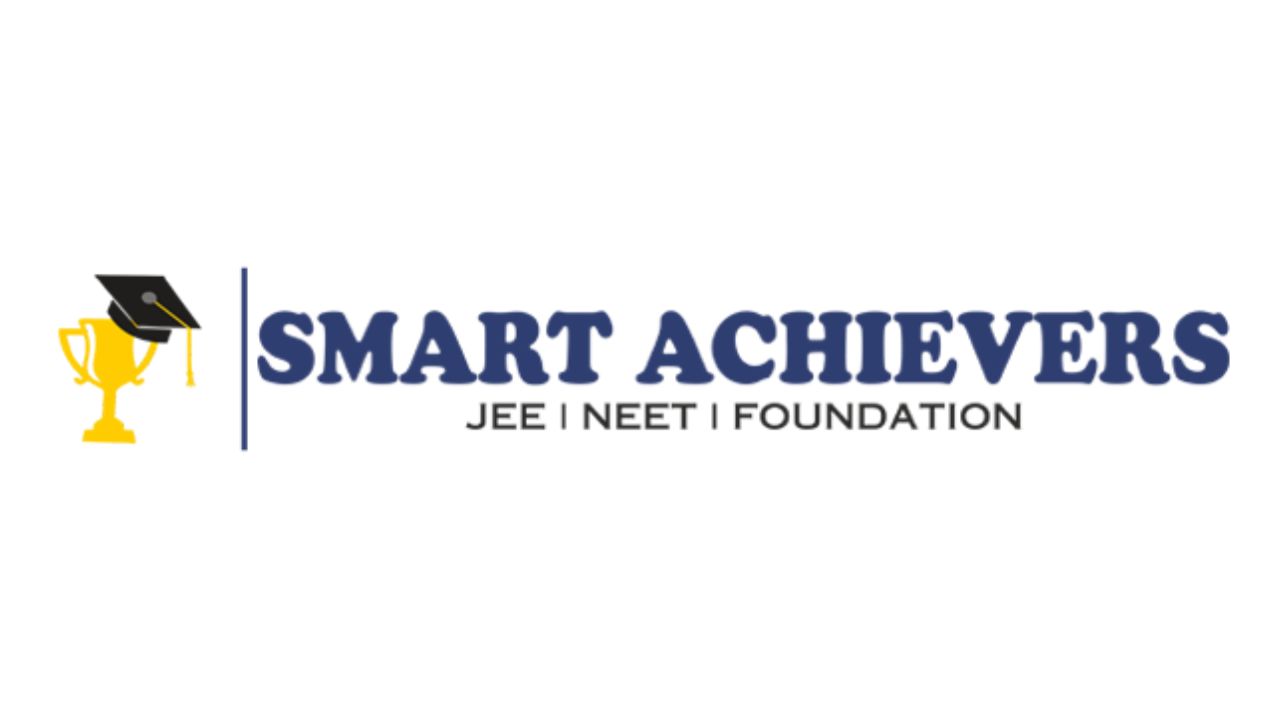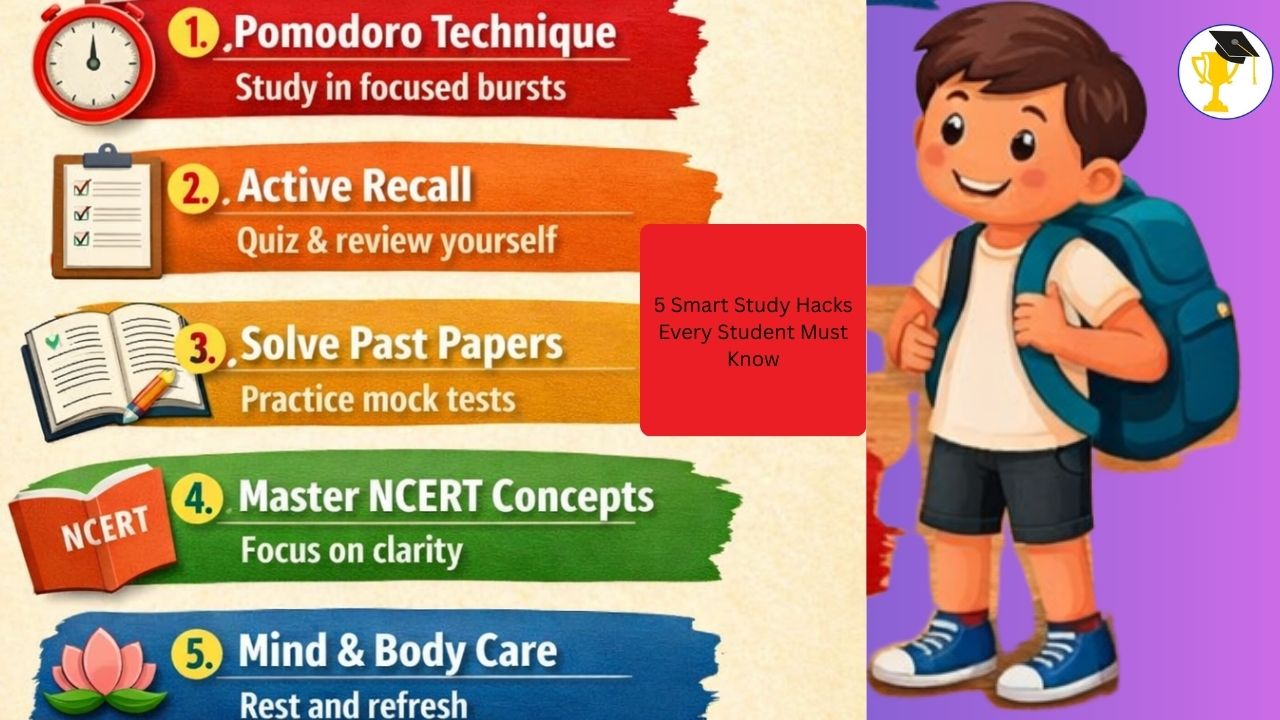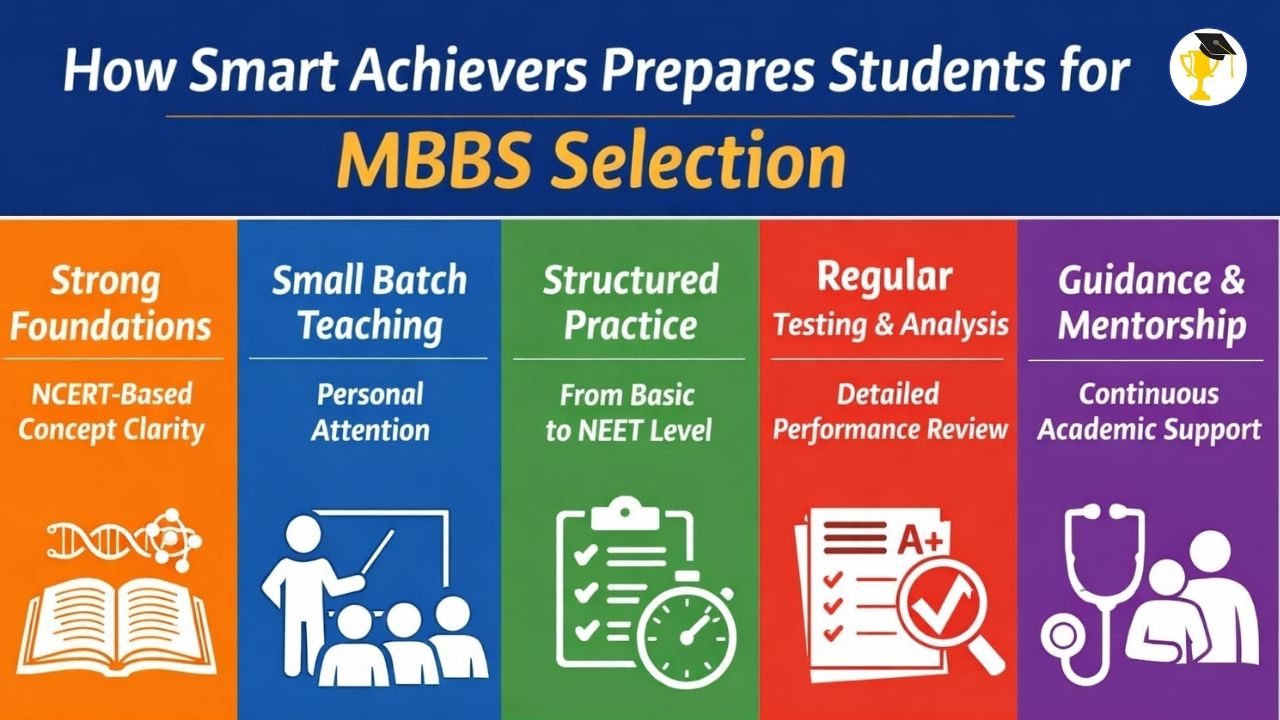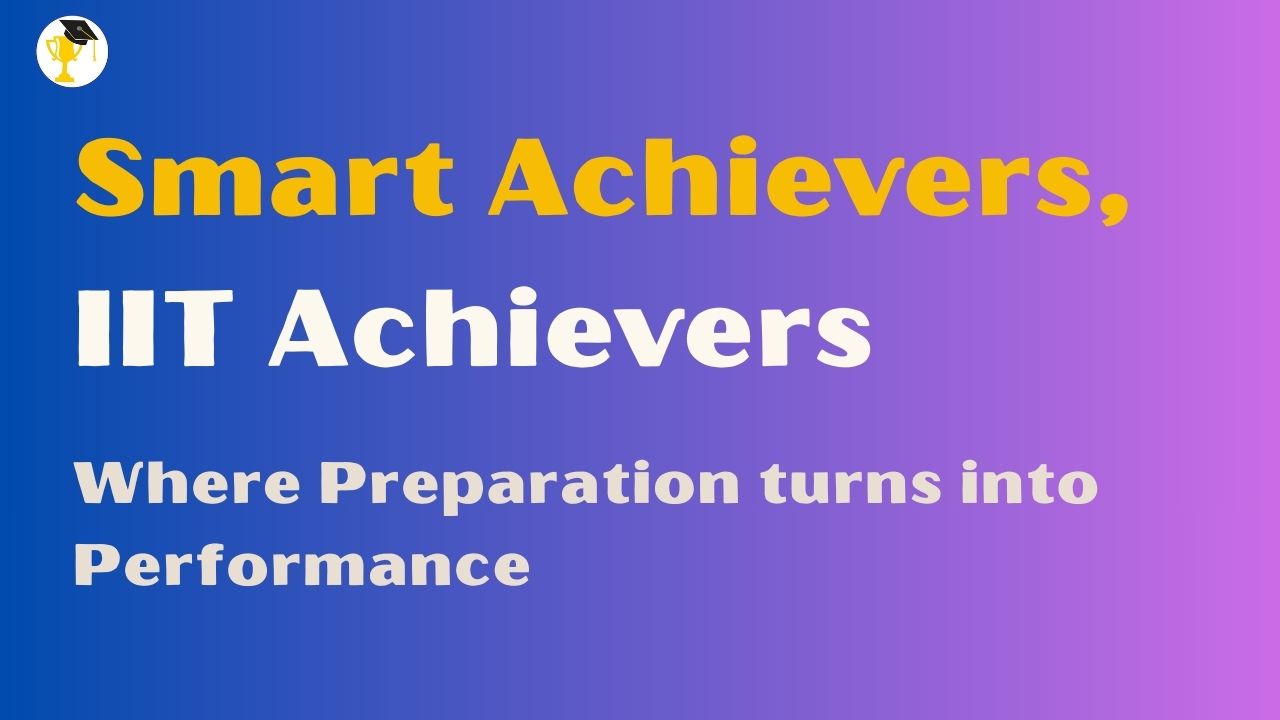Quantum Engineering: The Next Frontier in Education
Quantum engineering is reshaping the landscape of science, technology, and education. At the nexus of quantum mechanics, engineering, and computer science, this cutting-edge field is unlocking unprecedented opportunities for innovation. As industries embrace quantum technologies, the need for skilled quantum engineers has surged, making quantum engineering one of the most exciting and promising career paths of the 21st century.
What is Quantum Engineering?
Quantum engineering involves the application of quantum mechanics principles to design and build advanced technologies. It merges theory with practical implementation to tackle real-world problems. Key areas of focus include:
Quantum Computing: Creating algorithms and hardware for quantum processors that outperform classical computers.
Quantum Communication: Developing ultra-secure communication systems using quantum cryptography.
Quantum Sensing: Designing high-precision sensors for applications in healthcare, defense, and navigation.
Quantum Materials: Engineering novel materials with unique quantum properties for advanced applications.
Why is Quantum Engineering the Next Frontier in Education?
1. Rising Demand for Quantum Professionals
Industries such as computing, healthcare, finance, and defense are increasingly relying on quantum technologies. Companies like IBM, Google, and Amazon are heavily investing in quantum innovations, fueling the demand for quantum engineers to drive these advancements.
2. Interdisciplinary Learning Opportunities
Quantum engineering integrates multiple disciplines—physics, mathematics, computer science, and electrical engineering. This cross-disciplinary approach equips students with versatile skills applicable across various industries.
.png)
3. Revolutionary Potential of Quantum Technologies
Quantum technologies promise to:
Solve computational problems that classical systems cannot tackle.
Provide unbreakable encryption for secure communication.
Enhance precision in diagnostics and imaging.
Educating engineers capable of harnessing these technologies is critical for driving progress.
4. Government and Academic Support
Governments and academic institutions are prioritizing quantum education:
U.S. National Quantum Initiative Act and Europe’s Quantum Flagship program fund education and research.
Leading universities such as MIT, Stanford, and ETH Zurich offer specialized quantum engineering programs.
5. Career Opportunities in Innovation-Driven Fields
Quantum engineers are at the forefront of innovation in industries like:
Aerospace and Defense: Advanced navigation and communication systems.
Cybersecurity: Quantum encryption and secure networks.
Healthcare: Quantum-enhanced imaging and drug discovery.
Artificial Intelligence and Big Data: Accelerated computational capabilities.
How to Prepare for a Career in Quantum Engineering
1. Focus on Core Subjects
Building a strong foundation in the following subjects is essential:
Mathematics: Linear algebra, calculus, and probability.
Physics: Quantum mechanics and classical mechanics.
Computer Science: Programming languages like Python, as well as quantum programming frameworks like Qiskit.
2. Explore Academic Programs
Many universities offer quantum-focused degrees and courses:
Undergraduate Programs: Integrated physics and engineering degrees.
Master’s and Doctoral Programs: Specializations in quantum computing, quantum materials, and quantum communication.
Online Courses: Platforms like Coursera, edX, and IBM Quantum Experience provide accessible resources.
3. Gain Practical Experience
Hands-on exposure is vital to mastering quantum engineering:
Internships: Work with companies or research labs developing quantum technologies.
Hackathons: Participate in quantum programming competitions to refine your skills.
Research Projects: Collaborate with academic institutions or startups on cutting-edge quantum applications.
4. Stay Updated on Trends
Quantum technology evolves rapidly. Stay informed by:
Reading research journals and publications.
Joining quantum communities and attending webinars.
Participating in workshops and conferences.
Applications of Quantum Engineering
Quantum engineering is transforming industries with groundbreaking applications:
Quantum Computing: Revolutionizing optimization, AI, and material discovery.
Quantum Cryptography: Ensuring unhackable data encryption.
Quantum Sensors: Enhancing precision in healthcare, defense, and geophysics.
Quantum Networks: Laying the groundwork for the quantum internet.
Energy Solutions: Improving solar cells and developing quantum batteries.
Challenges in Quantum Engineering Education
Despite its potential, quantum engineering education faces hurdles:
High Complexity: Quantum mechanics is challenging, requiring advanced analytical and problem-solving skills.
Limited Access: Quantum labs and simulators are costly and not widely available.
Lack of Awareness: Many students remain unaware of quantum engineering as a career option.
Rapid Evolution: Curriculums must adapt quickly to keep pace with advancements in quantum technologies.
Future Trends in Quantum Engineering Education
1. Collaborative Learning Platforms
Online platforms like IBM Quantum Experience allow students to experiment with quantum computing remotely.
2. Quantum Startups and Incubators
Startups in the quantum domain provide internships and real-world experience, helping students bridge the gap between academia and industry.
3. Government-Industry Partnerships
Collaborations between governments, universities, and private firms are fostering innovation and funding education in quantum engineering.
4. AI-Driven Quantum Research
Artificial intelligence is streamlining quantum research, making it more accessible and efficient for students and professionals.
Master the art of balancing board exams and JEE preparation with this ultimate guide. Learn effective time management, study strategies, and tips to excel in both without feeling overwhelmed. The Ultimate Guide to Balancing Board Exams and JEE Preparation
FAQs
What is quantum engineering?
Quantum engineering applies quantum mechanics to design cutting-edge technologies like quantum computers and sensors.
Which universities offer quantum engineering programs?
Institutions such as MIT, Stanford, ETH Zurich, and others offer specialized courses and degrees.
What skills are required for quantum engineering?
A strong foundation in mathematics, physics, computer science, and programming is essential.
How can I gain practical experience in quantum engineering?
Participate in internships, research projects, and hackathons focused on quantum technologies.
What industries benefit from quantum engineering?
Industries like cybersecurity, healthcare, finance, aerospace, and artificial intelligence gain significantly from quantum advancements.
Is quantum engineering a viable career option?
Yes, it offers high-paying, innovation-driven roles with immense potential for growth.
The NTA has released comprehensive FAQs for JEE Main 2025, addressing key topics like eligibility, exam pattern, syllabus, and tie-breaking rules. Stay informed and plan your preparation effectively with these updates.NTA Releases FAQs for JEE Main 2025
Conclusion
Quantum engineering is more than a technological advancement—it’s a paradigm shift with the potential to redefine industries and solve global challenges. Aspiring students with a passion for innovation, mathematics, and problem-solving are ideally positioned to succeed in this transformative field.
With growing support from governments, academia, and industry, quantum engineering education is becoming increasingly accessible. By embracing this frontier, you can contribute to groundbreaking advancements and shape the future of technology.
The quantum revolution is here—are you ready to be part of it?
 STUDY MATERIALS
STUDY MATERIALS
 COURSES
COURSES
 MORE
MORE


.png)




















